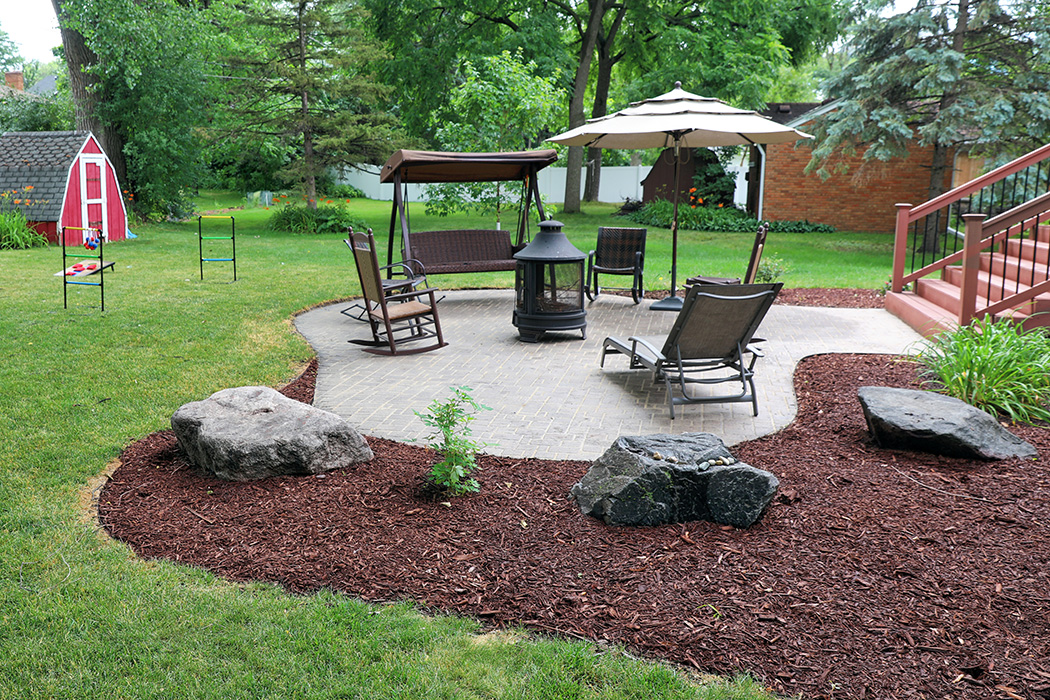Benefits of Mulching:
1. Moisture Retention:
One of the primary benefits of mulching is its ability to retain moisture in the soil. By covering the soil surface with a layer of mulch, evaporation is minimized, allowing plants to access water more efficiently, especially during hot and dry periods.
2. Weed Suppression:
Mulch acts as a natural barrier, preventing weed seeds from germinating and competing with your plants for nutrients and water. This reduces the need for manual weeding and herbicides, saving you time and effort in maintaining your garden beds.
3. Soil Temperature Regulation:
Mulch helps regulate soil temperatures by insulating the soil from extreme heat and cold. This creates a more stable environment for plant roots, promoting healthier growth and development.
4. Soil Erosion Prevention:
Mulch helps prevent soil erosion by reducing the impact of raindrops on the soil surface and slowing down water runoff. This is especially beneficial on sloped landscapes where erosion is a concern.
5. Improved Soil Health:
As organic mulch breaks down over time, it adds valuable nutrients to the soil, improving its fertility and structure. This encourages beneficial soil organisms, such as earthworms and microorganisms, which contribute to overall soil health.
Best Practices for Mulching:
1. Choose the Right Mulch:
Select a mulch material that suits your landscaping needs and preferences. Common mulch options include organic materials like wood chips, shredded bark, and compost, as well as inorganic materials like gravel and rubber mulch.
2. Apply the Correct Depth:
Apply mulch to a depth of 2-4 inches for most landscape beds. Avoid piling mulch too high around the base of plants, as this can lead to moisture retention issues and stem rot.
3. Mulch Around Plants, Not on Top:
When applying mulch, spread it evenly around the base of plants, leaving a small gap between the mulch and the plant stems. This prevents moisture buildup and reduces the risk of plant diseases.
4. Maintain Mulch Regularly:
Periodically replenish mulch as it breaks down over time to maintain its effectiveness. Remove any weeds or debris that may accumulate on the mulch surface to keep your landscape looking tidy.
In summary, mulching is a simple yet effective practice that offers numerous benefits for your landscape. From conserving moisture to suppressing weeds and improving soil health, mulch plays a vital role in creating a healthy and vibrant garden. By following best practices for mulching, you can enhance the beauty and sustainability of your landscape for years to come.

